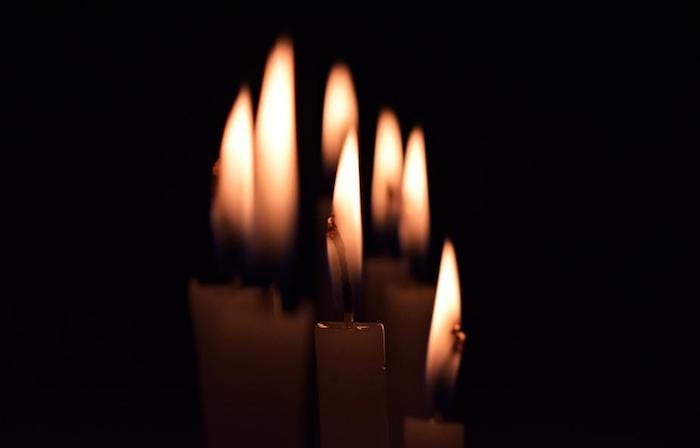One of the stranger aspects about working as a professional writer (who also writes about contemplative prayer) is interacting with someone who thinks that everyone can write and devalues what a professional writer can bring to a project. To a certain extent, everyone can write something, but not everyone can write with the clarity and precision of a professional with hours of experience.

Prayer can be a bit like writing in this regard. Anyone can pray, and surely God desires that everyone should pray. However, those who invest little time and energy in “practicing” how to pray may likely find frustration and discouragement.
It can be humbling for lifelong Christians to admit that they actually know very little about “how” to pray. Not every Christian is willing to start over with the challenges of adopting the church’s prayer tradition.
We need to put the “practice” into our spiritual practices.
Practicing at prayer means that our perceptions of prayer and what we think comes out of a prayer time may vary significantly from when we begin practicing prayer to a few years in the future.
At first, the experience of contemplative prayer or centering prayer on a simple word may be extremely frustrating, disruptive, or distracted. This is a very common experience among those who are learning how to pray. Christian anxiety tells us that prayer isn’t working because there must be something wrong with us or the problem must be with God.
Anxious prayers focus on results and progress, but God is more concerned about loving presence. Contemplative prayer has taught me that God’s love is present and that I need only seek God in order to pray. I may have an epiphany, but I most likely will not. The effectiveness of the practice remains regardless of my perceptions.
God’s love is steady and constant, and many days I have to settle for taking that on faith as I learn to still my thoughts before God. In fact, focusing on feelings and experiences has been my greatest barrier to contemplative prayer. I have had to completely shut down my anxious tendency toward measuring and proving my spiritual vitality and worth.
François Fénelon wrote in 100 Days in the Secret Place, “How will you go on to maturity if you are always seeking the consolation of feeling the presence of God with you? To seek pleasure and to ignore the cross will not get you very far. You will soon be trapped in the pursuit of spiritual pleasures.”
The journey into contemplative prayer calls on us to think differently of God and of ourselves. Very little depends on us. The spiritual “work” we do in contemplative prayer is very different from the spiritual labors of many Christians who are bogged down with lists of beliefs, practices, and activities necessary for pursuing holiness.
As an anxious Christian, I was never doing enough to win God’s love or to achieve any kind of lasting life transformation. But how could we? God’s love is already ours, and until we learn how to simply receive it, we’ll get stuck in an anxious rut of performance, failure, and struggle.
Contemplative prayer took some practice and effort at first. I had to unlearn the anxious prayers of evangelical Christianity and to quiet my many thoughts and expectations.
Along the way, I’ve found that contemplative prayer is less about what I do or the results I “experience.” Contemplative prayer guides us toward resting in the fullness of God and God’s love. It’s a peaceful practice that pulls us away from striving, fear, and defending boundaries.
As we learn to trust that God is present and we become even more aware of his loving presence, we’ll begin to experience the transforming power of God in our lives.
Read More about Contemplative Prayer
You can read more about my journey into contemplative prayer as an anxious evangelical Christian in my newly revised and expanded book:
Flee, Be Silent, Pray: Ancient Prayers for Anxious Christians
** Image source: https://burst.shopify.com/photos/candles-lit-in-dark, Photo by: Leandro Almeida













